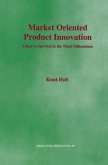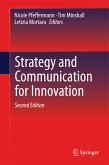This book is but the draft of a draft, as Melville said of Moby Dick. There is no prose here to match Melville's, but the scope is worthy of the great white whale. No one could possibly write a comprehensive, authoritative book on ethics, invention and discovery. I have not tried to, though I hope my bibliography will be a useful starting point for other explorers, and the cases and ideas presented here will keep people arguing for years. Although this book is nothing like a textbook, it is written for my students. I was trained as a teacher of psychology in graduate school and ended-up, by one of those happy chances of the job market, teaching psychology to engineering students rather than psyche majors. My dissertation and early research were in the psychology of scientific hypothesis-testing (see Chapter 2). When I team-taught a course with W. Bernard Carlson, a historian of technology, I saw how cognitive psychology might be applied to the study of invention. Bernie and I received funding from the National Science Foundation for three years of research on the invention of the telephone; a portion of that work is described in Chapter 3.
Dieser Download kann aus rechtlichen Gründen nur mit Rechnungsadresse in A, B, BG, CY, CZ, D, DK, EW, E, FIN, F, GR, HR, H, IRL, I, LT, L, LR, M, NL, PL, P, R, S, SLO, SK ausgeliefert werden.









